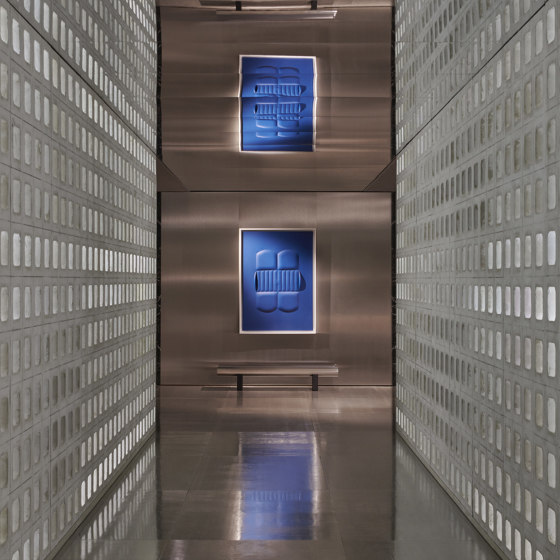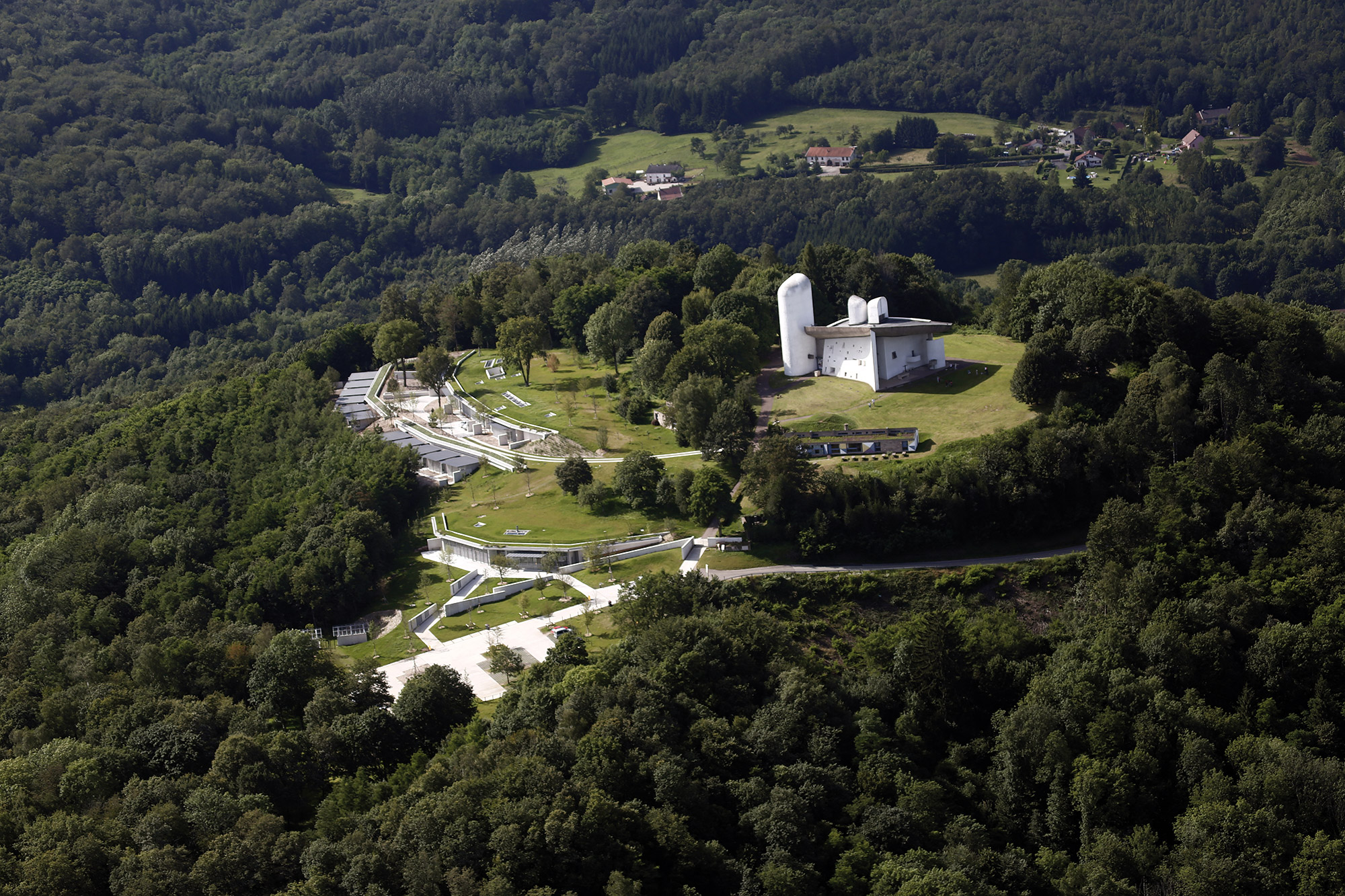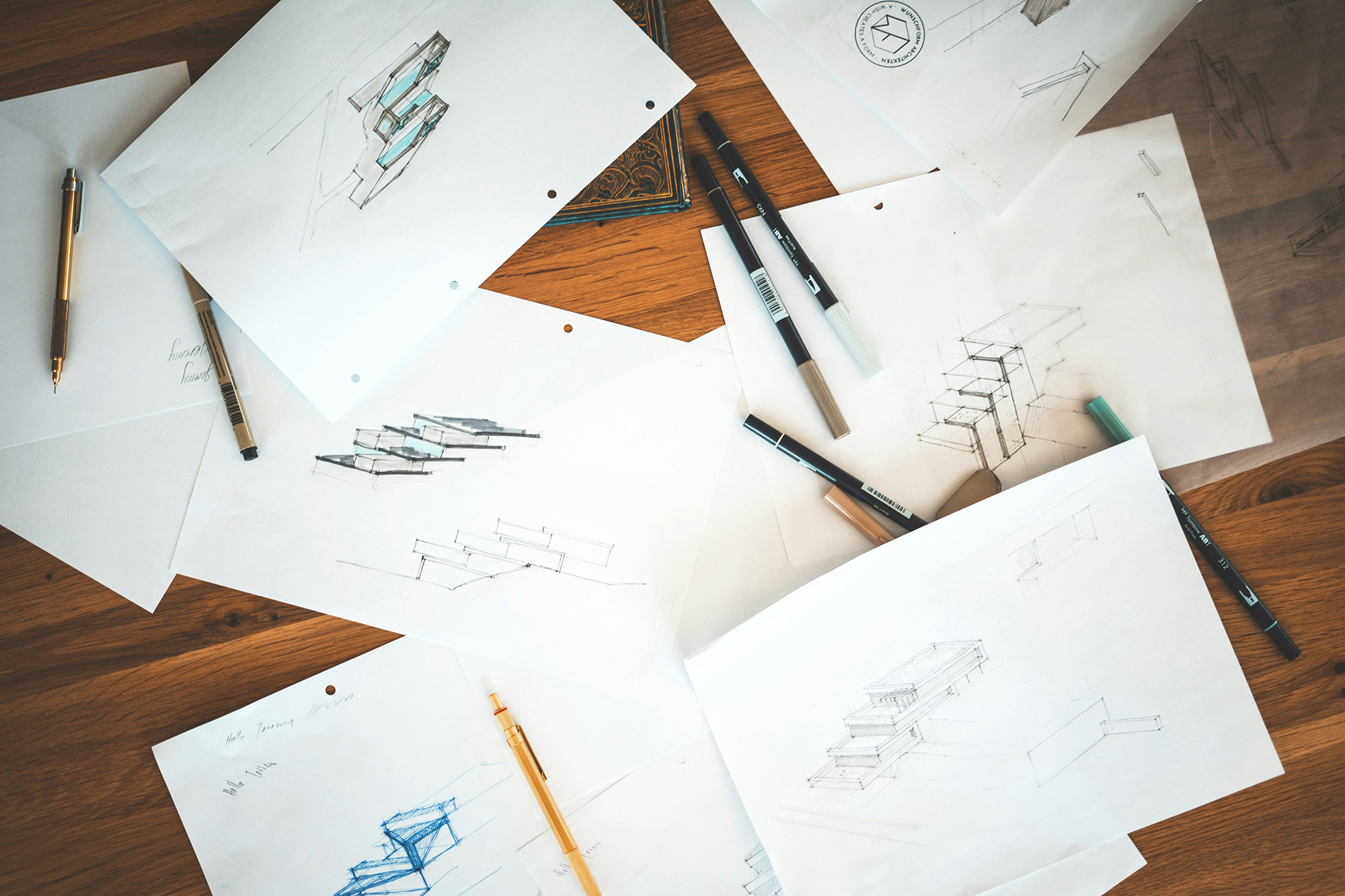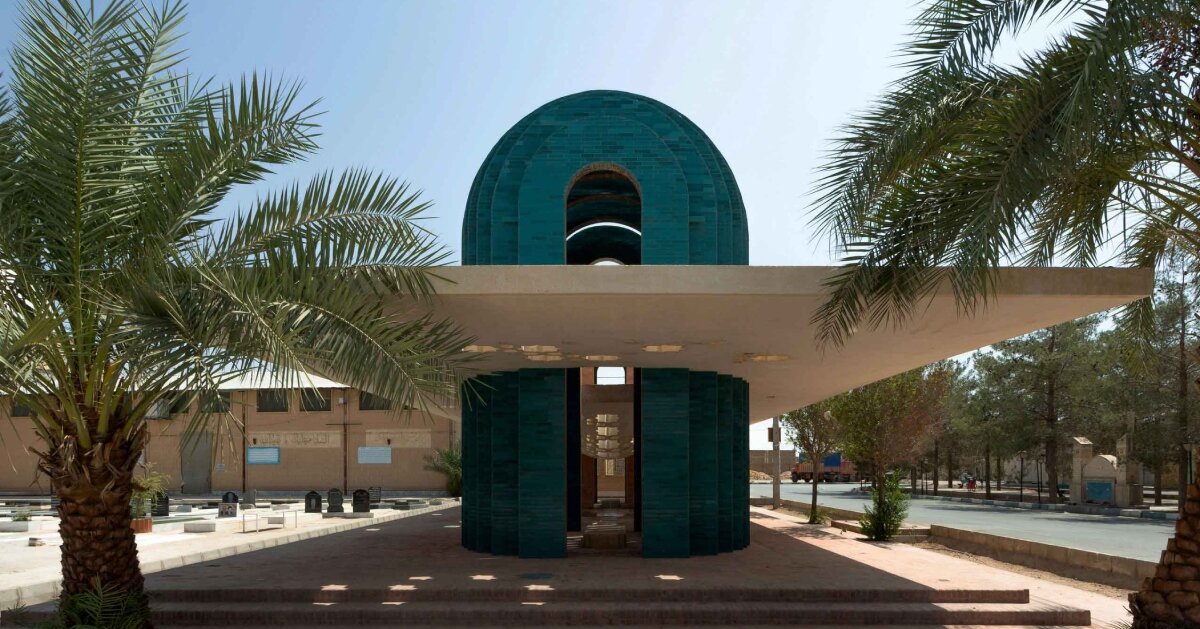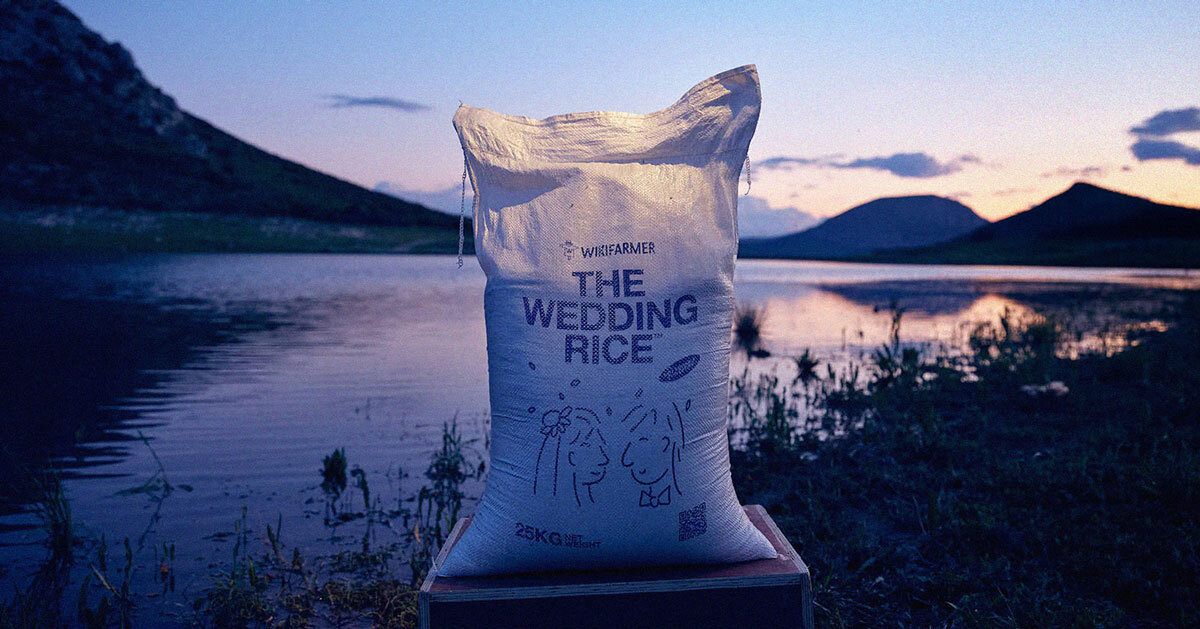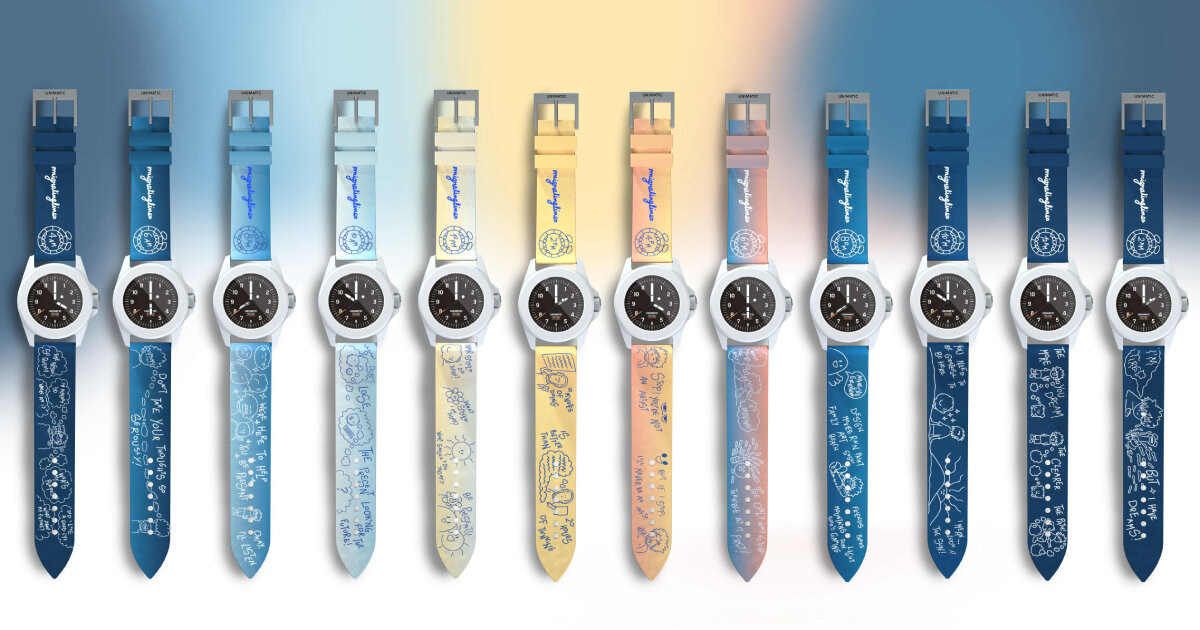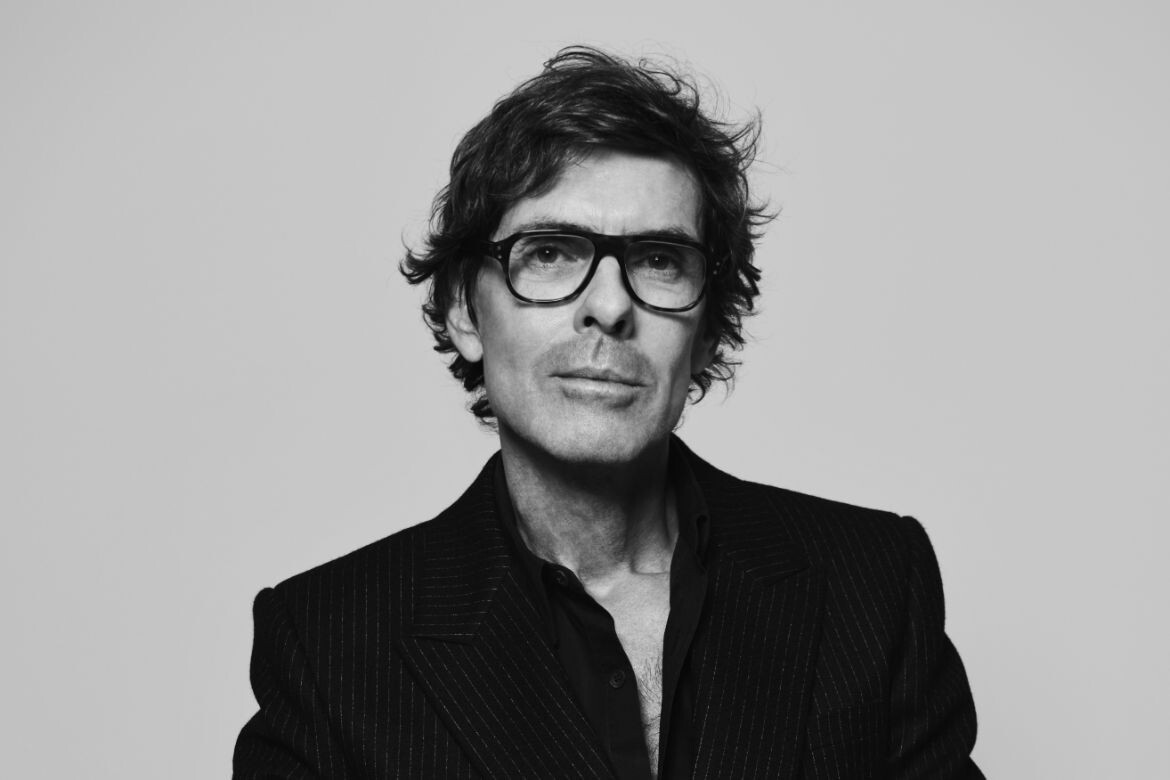GoodWeave CEO Jon Jacoby: ‘We’re making real strides’ | Portrait
Jon Jacoby is celebrating his one-year anniversary as CEO of GoodWeave, He looks back on the past year and the life experiences that shaped his career path.

Jon Jacoby, a long-time advocate of responsible business, workers’ and human rights, is celebrating his one-year anniversary as CEO of GoodWeave, a non-profit working to stop child labor in global supply chains by bringing visibility to workers and providing assurance that products with the GoodWeave certification label are produced free from child labor. Previously, Jacoby led human rights in corporate supply chains at the Open Society Foundations (OSF). He also co-founded the Investor Alliance for Human Rights, which represents more than $14 trillion to advance business respect for human rights. Previously, he managed U.S. and global teams at Oxfam and served as associate director for international economic policy at the Center for American Progress.
What drew you to GoodWeave and how has it changed under your leadership?
GoodWeave has a great reputation and track record, so I knew I was inheriting an amazing organization. To join an organization founded by Nobel Peace Prize winner Kailash Satyarthi with such a high level of impact and a strong board is an honor. After a year, I think we’re making real strides. We have greater intake numbers for children moved from working environments to girls’ and boys’ education. We have increased dramatically more worksites over the past year and once we identify an issue, we fix what we find. We are getting better and better with each quarter.
The gift of my first quarter was to overlap with founding CEO Nina Smith. It was an intentional transition. Few successors have the opportunity to work with the previous CEO for several months and take advantage of her institutional knowledge, relationships, fundraising abilities and governance. Together we conducted outreach to partners in the home goods and handmade rugs sector. GoodWeave currently has 450 business partners who have known Nina for years. She has such a strong reputation. We have developed best practices in terms of going down the hidden supply chains of informal work where there are often cases of child labor. But now, businesses are more willing to open up to us. They are making high quality rugs that are art as much as they are a product. We are moving forward on an agenda that was already there for GoodWeave. It’s a proven model that works for importers and exporters alike. We truly make a difference in children’s lives and just in the last year alone, have helped move more than 10,000 children from work to school and helped 120,000 workers.
What are your future plans for the organization?
My mantra is to listen, learn, execute and deliver. As an organization, we have a sound strategic five-year plan. The United Nations has assessed child labor across the world and after two decades of improvement, the number has ticked up again. The number had been reduced to 152 million children working but it’s now up to 160 million. The international community pledged to reduce that number to zero by 2025. We are bringing advocacy to the front burner since there is now a new landscape emerging with new laws and regulations for businesses to know and the human and environmental risks in their supply chains.
Our services deliver value for organizations of all sizes including small- and medium-sized businesses with a cost structure that remains accessible and affordable. This supply chain due diligence is especially important for companies striving to comply with new global standards. We conduct random inspections and when we find child labor, we offer to be part of the solution and help businesses to manage those risks by offering resources and best practices. Our goal is to make sure there is a remedy.
You have previously worked for organizations such as the Open Society Foundation, the Investor Alliance for Human Rights and Oxfam. What directed you to non-profit work?
What is exciting to me is to make businesses become more responsible and consider the triple bottom line – people and planet alongside profit. We encourage businesses to do well by doing good. With all the new attention in the consumer media on people and planet, governments around the world are paying more attention. The flow of information has increased. At Oxfam and at Open Society we worked to help businesses become responsible and inclusive. They could take into account the climate crisis, for example. Droughts and floods are leading to even more vulnerability for workers and children. India, Nepal and Bangladesh are all looking at the changed environmental conditions in their countries. Climate change has added insult to injury to those in poverty. We are pushing for companies to help workers who are affected by the extreme heat who work in factories and on farms. This poses severe health risks to many workers.
How does your upbringing influence how you work today?
I grew up in a community in suburban New York. My parents instilled values in myself and my two brothers to “leave the world better than you found it.” My younger brother is a journalist, and my older brother is a music producer. My mom taught children with learning disabilities. My partner, a climate communications leader and I have daughters who are 10 and 12 years old. We are teaching them to care about the environment with hopes that the next generation will continue the goal to help the planet and eradicate child labor.
Consumers are increasingly asking how items, such as handmade rugs, are produced. Situations are coming to light with cotton in India and cobalt in the Democratic Republic of Congo. Children in these countries are often working in dangerous and harrowing conditions.
How was GoodWeave’s mission impacted by the pandemic and how has it recovered?
The pandemic really exposed and exacerbated any gaps in supply chains. Those made headlines although we knew the supply chains had been broken for a while. They have been fragile for decades both logistically and with regard to people and planet. Coming out of college, I was critical of globalization’s race to the bottom for low-cost labor and environmental standards. The pandemic exposed those gaps about how fragile workers are. We helped workers in India, Nepal and Bangladesh with humanitarian needs and are looking longer-term at workers’ development. Although it was before my time with the organization, GoodWeave received flexible funding support to plug some of the gaps and do right by workers and provide PPE (personal protective equipment) to factories that couldn’t afford to buy it themselves. The pandemic also revealed more health and safety issues in worksites. Our goal is to set all workers on a path to safety and economic dignity.
What does it mean for a company to have the GoodWeave certification?
It offers peace of mind to company leaders along with consumers. When people see the GoodWeave seal on products, it means that no children worked on that rug or other item. Businesses can know they are living their own values. We tell CEOs they can sleep better with reduced risk since they know they are using clean suppliers. We have highly seasoned experts who go to the worksites and know what to look for, including some of our experts who were forced into labor as children. We work with these companies to remedy any situation we find since we are in this together as partners. GoodWeave is here to be part of the solution. We offer best practice briefs to help us spread the word about how other rug and home goods manufacturers have eradicated child labor.
What is the best piece of advice you’ve been given?
The best piece of advice that I’ve received is to surround yourself with people who both know you and that you trust to ask the good hard questions that you need to tackle in order to succeed.
What accomplishment are you most proud of?
I am very proud of assisting with the development of supply chain due diligence. It has come a long way. It started roughly 30 years ago. Pioneers in the movement developed voluntary standards. I am proud of the trajectory to have aided in policy development worldwide. The goal is to have companies that want to do right by their employees while also doing well financially. I am proud of co-founding the Investor Alliance for Human Rights and for all the work I did at Oxfam. Some governments are taking these initiatives to scale and are more assertive in creating supply chains that are both responsible and sustainable. The European Union is truly living these values and that’s having ripple effects around the world. Governments are getting serious about making sure that globalization works for everyone.
Just for Fun
- How did you earn your first paycheck?
I was a paid intern driving a Wall Street banker to work. I was curious about finance and business at the time. The irony is that it didn’t make me want to be an investment banker. I became more engaged in business from a nonprofit perspective.
- What did you want to do for a living when you were a child?
I wanted to be a baseball player like all kids growing up in the ‘80s. When I was older, I did imagine I could be a creative writer. I enjoyed writing poetry and fictional essays in high school. But now, I am more of a public speaker.
- What is the most interesting place you have ever visited?
Well, I have visited 60 countries and five continents in my lifetime. I have many incredible moments and memories. But the country with the most distinctive culture has to be Ethiopia. It has its own language and cuisine. It was never colonized, so they even tell time differently. It is the birthplace of coffee, and I worked to help farmers with fair trade certifications.
- What are you currently reading?
I’ve read two excellent fiction books in the last year that have taken me deeper into Indian culture and subcultures. The first is Midnight’s Children by Salman Rushdie and the other is The Ministry of Utmost Happiness by Arundhati Roy.
What's Your Reaction?
















